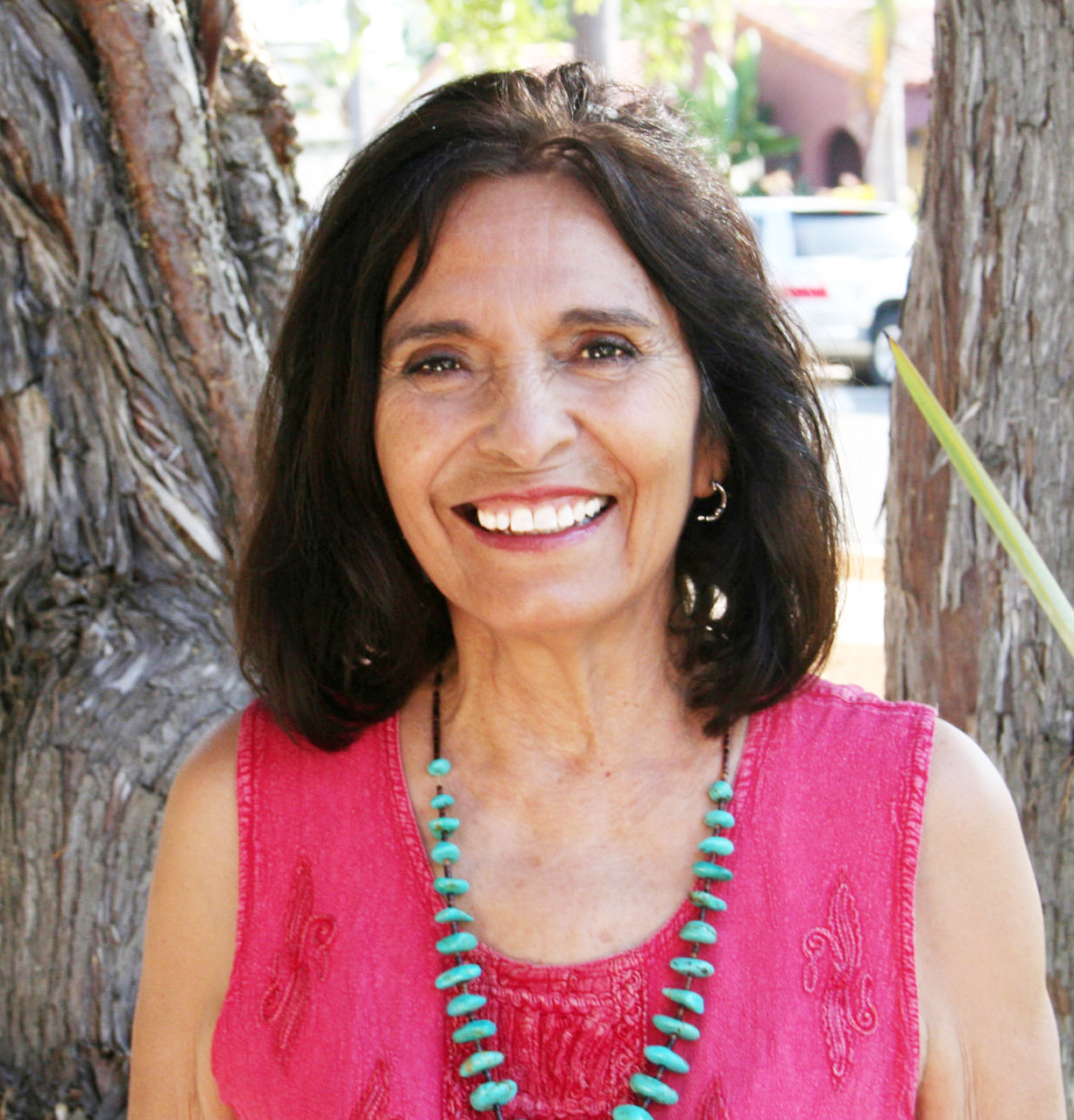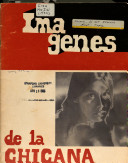‘Stanford saw something in me when it seemed as if no one else did.’

Stanford University saw something in me when it seemed as if no one else did. I grew up on San Bernardino’s West Side in a Mexican-American community as one of eleven children. By age 30, I found myself newly divorced and raising two daughters. Crushed, but not defeated, I decided to pursue my dream of completing my degree. So, after earning my associate’s degree, I was admitted as a transfer student in 1970 to Stanford, where I earned a BA in English and an MA in Education through the STEP program. You might say Stanford saved my life.
While I was at Stanford, my most memorable moments were getting involved with the civil rights activism that was at its peak in the 1970s. I wanted to help other Mexican-Americans, like myself, who had been told that they could not make it.
At that time, there were no classes addressing Mexican-American culture or history. Although Stanford was accepting more African-American and Mexican-American students, it had not yet formed curriculum to meet new educational demands. So I designed and taught a course with a Mexican-American focus for women and incoming freshmen, one of the first courses of its kind at Stanford. I also catalyzed publishing the first Mexican-American journal for women, Imagenes de la Chicana.
Watch video of Rita describing her civil rights activism at Stanford at the GSE's Stanford Historical Society event.

Amid this aura of activism, I decided to use writing as a tool for change. Writing is a revolutionary act, after all. Stanford contributed to this changing world; one that rejects racism and exclusion in favor of diversity and opportunity. After Stanford, I was hired at San Diego State University and for the rest of my career I taught writing and literature at SDSU and then at San Diego Mesa College.
Thanks to my formative years at Stanford, I have always been an advocate for students who’ve struggled with writing and especially for Mexican-American, first-generation female college students.
Rita Sanchez co-authored Chicana Tributes: Stories for the Generation (Montezuma Publishing, 2017), an anthology of 61 Mexican-American activists and 61 authors in San Diego who contributed to the U.S. civil rights movement.
Top photo: Rita at her Stanford undergraduate commencement in 1972. Credit: Chicana por mi Raza Digital Memory Collective Archive.
